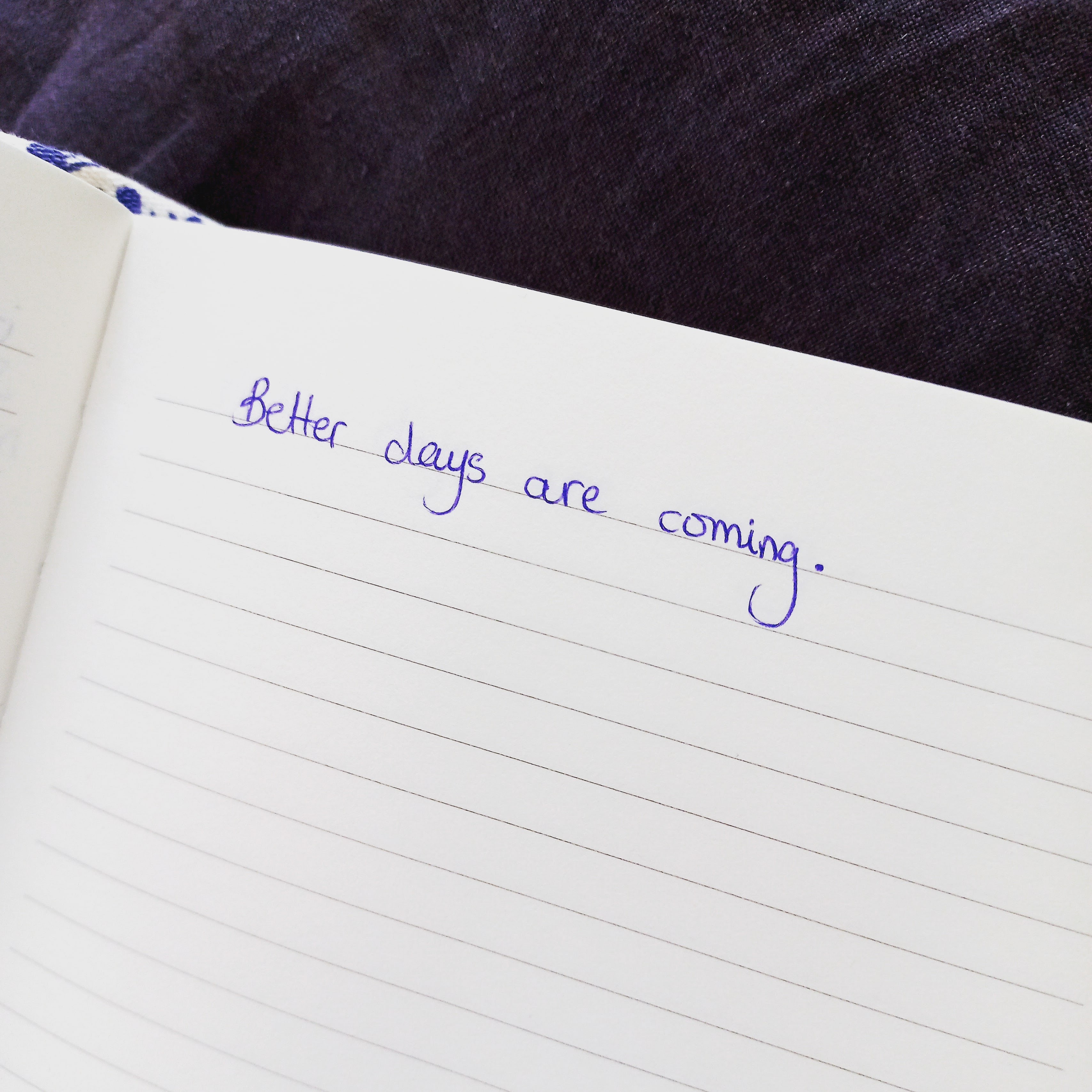I know people who reach for quotes like, “You gotta go through it to grow through it” when someone they know is having a hard time generally mean well. But as someone currently “going through it”, I’m not able to find comfort in that yet.
One quote that does resonate with this period of my life is from C.S Lewis: “I sat with my anger long enough until she told me her real name was grief.”
Emotional regulation overload
I’ve been processing a lot of emotions since my ADHD diagnosis a year ago. They often come in waves and at completely unexpected times.
For instance, I’ll be having a great day chatting to a work colleague on Zoom and then suddenly feel so intensely sad that I have to go sob in the bathroom for 10 minutes. Laugh about hormones all you want, but this ain’t that.
My first reaction to my ADHD diagnosis was a surge of relief and validation, quickly followed by anger. My T.O.V.A test results were off the charts. How was this missed for so long? Why didn’t I get help? Would I have been a different person if I was diagnosed as a child? Would I still have developed an eating disorder?
On top of this, the more I learned about the obvious gap in diagnosing ADHD in women and the links between ADHD in girls and eating disorders, the more my anger turned into outrage.
Then, I started feeling something deeper.

Why grief?
Grief is defined as “intense sorrow, especially caused by someone’s death.” Intense sorrow takes many forms, but it took me a while to name what I was experiencing as grief.
It feels weird to mourn something that isn’t dead but that you still can’t get back.
It’s the kind of grief that is very isolating. It’s hard to explain it to others, especially when the response can be something like “Actually, we’re all a little ADD after COVID.”
Yet, I wish more people understood that spending 30+ years keeping a lid on your brain and convincing the world you have your s**t together causes a very specific kind of burnout. Once I finally acknowledged my emotions, that burnout – the years of pent up exhaustion and frustration – came crashing in.
It seemed so stupid at first. I’ve been blessed with opportunities to do cool and amazing things in my life. Why was I mourning?
When I mentioned all this to my therapist, she said it was grief over a perceived lost potential (ouch) and is really common for adults diagnosed with ADHD later in life.
And it makes sense. I’m grieving the loss of many years to internalized guilt and shame. So much energy lost to perfectionism and masking my ADHD because I was afraid of rejection. So much time stolen by an eating disorder because I needed to cope and didn’t have the language to tell people what I was going through.
Processing my ADHD diagnosis grief

Through therapy, I’ve gained better language to explain to those closest to me when I’m not having a good brain day and more tools for handling the burnout. I’ve also met and reconnected with others who’ve experienced similar feelings on their own ADHD journeys. Having a network and support system has helped me process and not feel so isolated.
Journaling has also enabled me to feel grounded no matter how this grief manifests itself (which lately has been sadness, agitation, and extreme fatigue).
Taking ADHD medication for the last 6 months has taken the edge off my brain, allowing me to rebuild my self-esteem.
I’ve found constructive outlets, like the gym and this blog, to channel energy into.
And somehow, knowing ADHD has been with me my whole life and contributed to who I am today has been strangely comforting. It reminds me that this grief won’t last, and that it’s now part of my story that I can share with others who may be struggling with difficult feelings.



